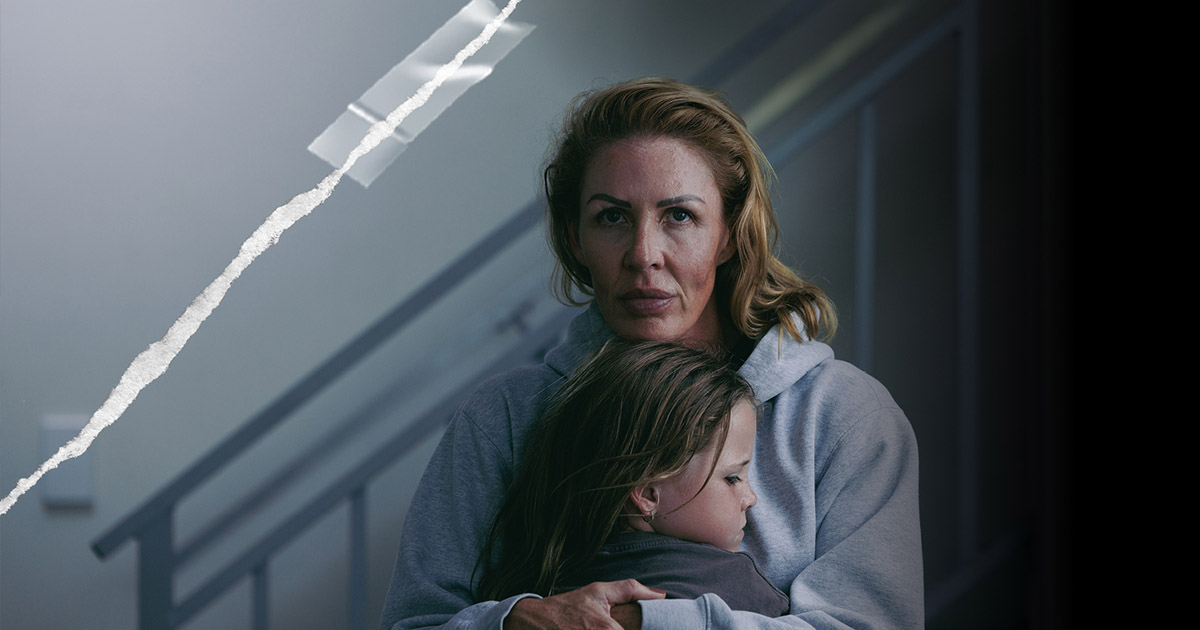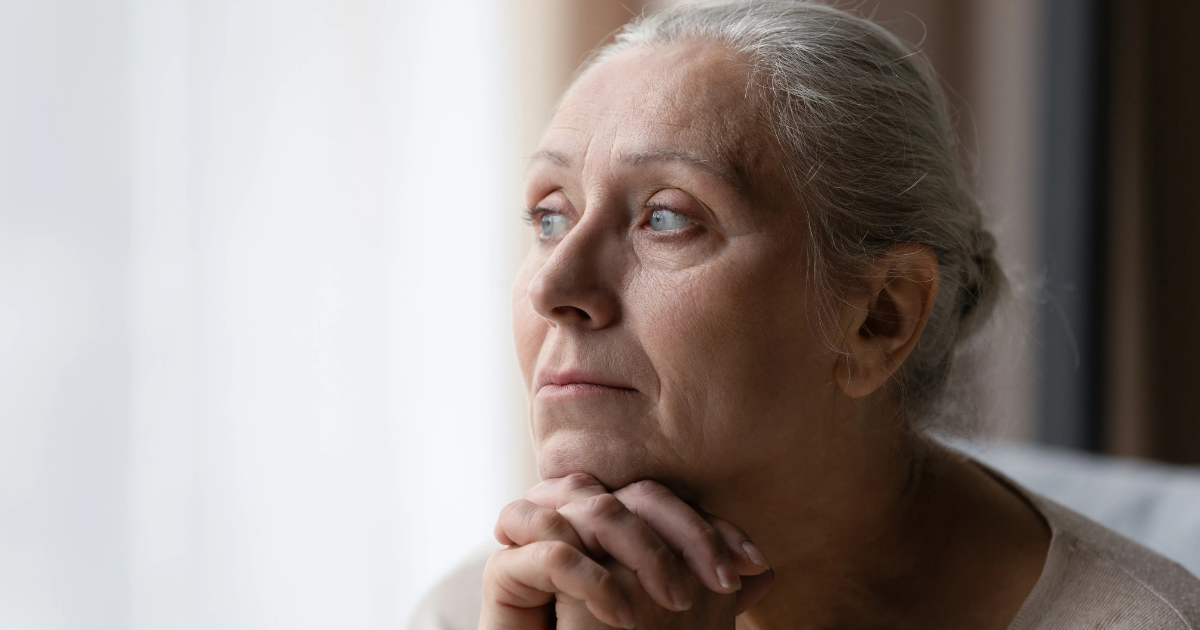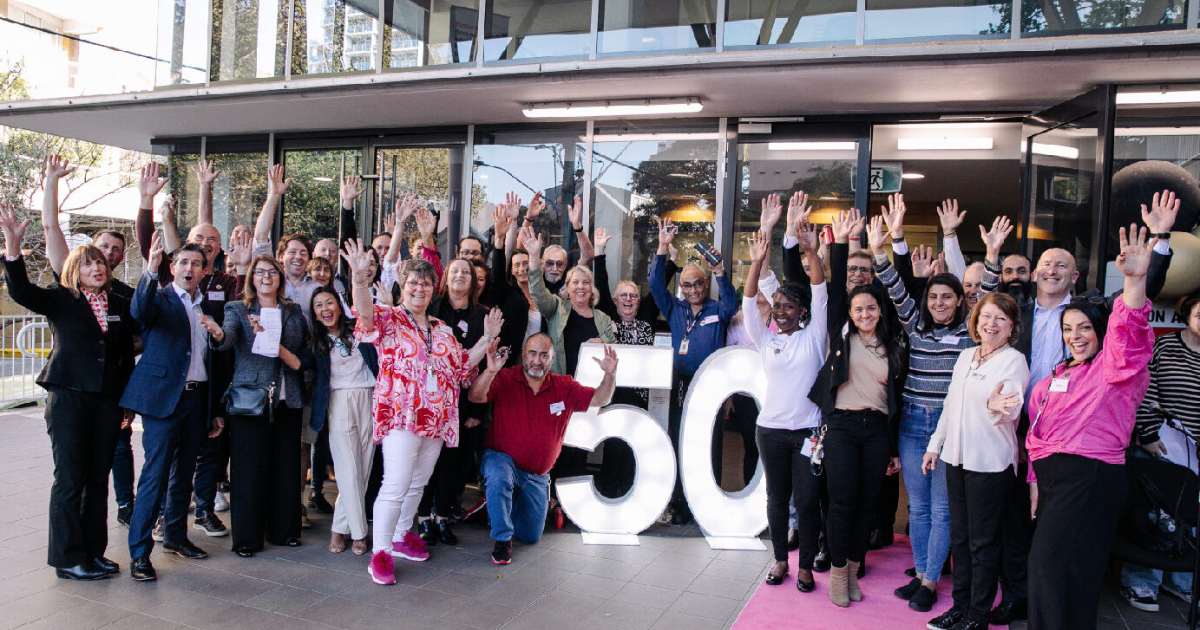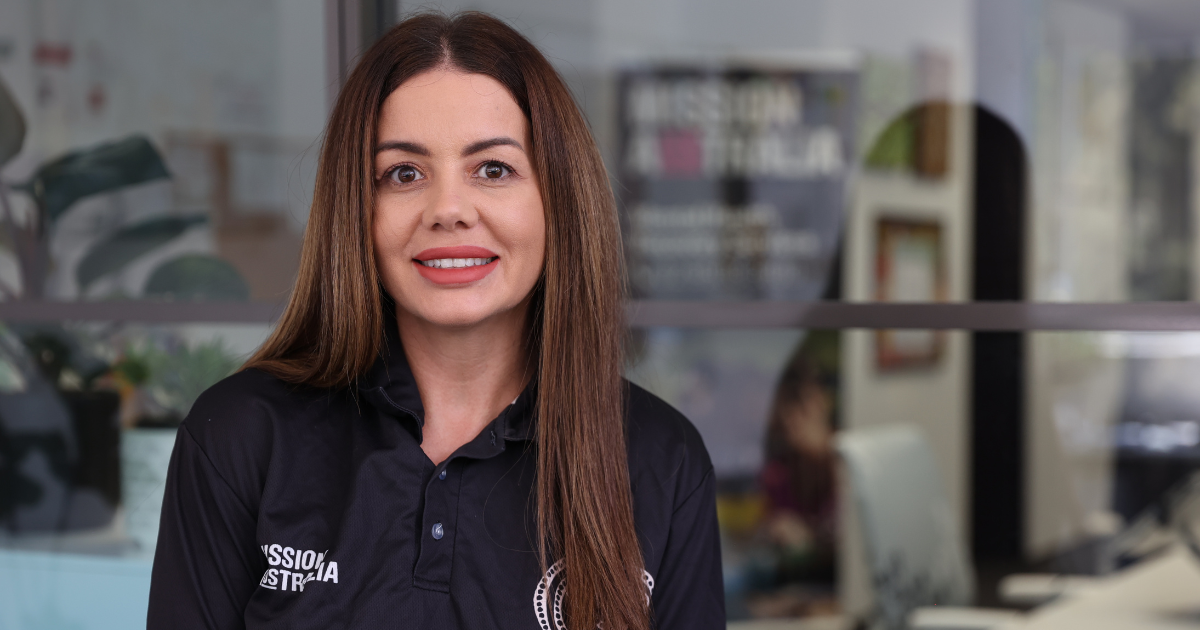Tom mimicked the abuse he witnessed as a child
- Details
Tom* was placed in juvenile custody at age 17 after he physically assaulted his partner, her mother and another young woman. Soon after being released, he was returned to custody after once again physically abusing his partner. In addition to these ongoing incidents of violence, Tom also struggled with alcohol and cannabis use, and his high-risk behaviour saw him referred to Mission Australia’s Mac River residential rehabilitation program.
Early in his time at Mac River, Tom’s partner had a baby. With supervision he was allowed to visit her and the baby, and the Mac River program helped prepare him to return home on a more permanent basis. Tom participated in a parenting program that addressed the impact a child can have on relationships and home dynamics. Staff also implemented a domestic and family violence intervention program for Tom given his ongoing pattern of behaviour.
Mission Australia staff used elements of our Mannin’ Up program as they worked with Tom. Thorough risk assessments were conducted with both Tom and his partner to ensure she was safe and the support offered continued to meet their needs. His partner was provided with her own dedicated support worker and disclosed a range of concerning behaviours Tom had demonstrated. One particularly concerning behaviour was that Tom had put a lock on the bedroom door that only he had a key to, which he used to isolate his partner from her family.
Fortunately, there is hope through behaviour change programs. A snapshot of 300 Australian men who participated in behaviour change programs revealed that 65 per cent of those men were either no longer violent, or almost violence-free, after two years.1
The support program Tom went through focused on his behaviour and accountability. Tom continuously stated that he blacked out when he drank alcohol and felt that his actions were not his fault.
But then I was asked to think back through different times when I was violent and I actually did remember a lot of the details. I realised that there were many opportunities to make better decisions and I had still chosen to be violent. Tom
Staff then tried to get to the core of why Tom made the decisions he did. They explored his own experiences as a young person, and discovered that he had witnessed domestic violence as a child. They explored how that impacted his definition of a relationship and expectations compared with those of his partner. Over time, staff worked with Tom to see relationships as not being about ownership and control. Staff asked Tom to refer to his partner by her name instead of “my woman” or other similar terms he used regularly, and talked about how the language he used could show respect or disrespect.
Tom completed the residential rehabilitation program successfully and returned to live with his partner and child. He continued to receive support for a period of time after returning to his family.
Tom is a good example of the need for targeted intervention for men engaged in serious domestic violence, including those of a young age who may require more than the respectful relationship education offered through schools in order to change their behaviours.
Help families escape domestic and family violence
Donate today or consider leaving a gift in your Will. Your generosity funds our vital programs and services that help vulnerable Australians take steps towards independence.
Donate today or Leave a giftKnow someone affected by domestic and family violence?
If you are experiencing abuse or violence it is not your fault. There are support services that can help you. If your life is in danger, call 000. For 24/7 domestic violence counselling call the National Sexual Assault, Family & Domestic Violence Counselling Line on 1800 RESPECT (1800 737 732).
Where to get help
Acknowledging that one of your relationships may be unhealthy or potentially harmful can be overwhelming to cope on your own. It can also be difficult to see the bigger context when trying to look at a relationship outside of our own lens. Whether it’s a relationship you need help navigating, a behaviour you want to change or advice to support a loved one involved in an unhealthy relationship, reach out to:
- If your life is in danger, contact emergency services on 000 immediately.
- Lifeline —13 11 14 or chat online.
- MensLine Australia —1300 78 99 78.
- Relationships Australia — 1300 364 277.
*Names changed to protect the people we help
1Brown T, Flynn C, Fernandez Arias, P & Clavijo, C (2016) A study of the impact on men and their partners in the short term and in the long term of attending men’s behaviour change programs. Monash University, Clayton Vic.
Related news and stories
Read about what we’ve been working on, our stance on important social issues and how you make a difference to vulnerable Australians' lives.

Three priorities at the 2025 Federal Election

From fear to freedom: Cass’ story

Women helping women: Karla’s story

Helping older women find safe homes

Celebrating 50 years of helping people in Surry Hills

